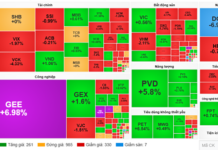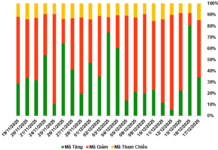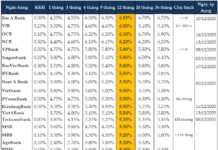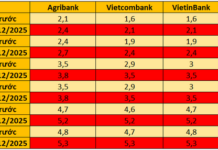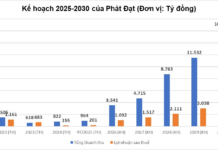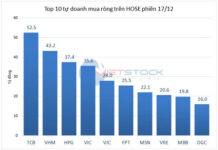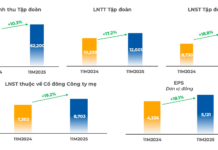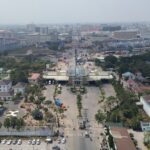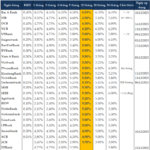The Tay Ninh People’s Committee has sent a document to Ho Chi Minh City’s People’s Committee regarding the review and compilation of major transport routes connecting the two localities. In the document, the Tay Ninh authorities proposed that Ho Chi Minh City coordinate and petition the Ministry of Construction and the Government to update and include the Bau Bang – Moc Bai railway line in the adjusted and supplemented master plan for the national railway network, according to Tay Ninh Newspaper.
According to the proposal, the Bau Bang – Moc Bai railway line has been included in the provincial planning for the period of 2021-2030, with a vision towards 2050, by the former Binh Duong and Tay Ninh provinces, which are now Ho Chi Minh City and Tay Ninh, respectively. This railway line has also been updated in the Southeast Region Planning for the period of 2021-2030, with a vision towards 2050, as per the Prime Minister’s Decision No. 370.
However, up until now, the railway line has not been included in the adjusted and supplemented master plan for the national railway network, nor in the detailed planning for the railway system in Ho Chi Minh City’s gateway area.
According to the planning of the two localities, the railway line is approximately 57km long, with a 27km section passing through Tay Ninh province and a 30km section in Ho Chi Minh City. The starting point of the line is at Tan Hung station, Ben Cat ward, Ho Chi Minh City, and the endpoint is at Moc Bai station, Ben Cau district, Tay Ninh province.
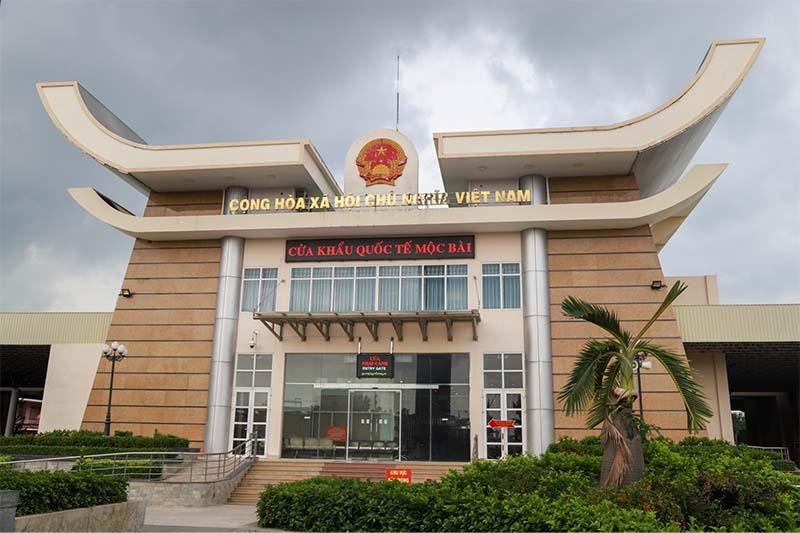
Endpoint at Moc Bai station, Ben Cau district, Tay Ninh province
The railway line runs from Tan Hung station, belonging to the Bau Bang Logistics Center, straight towards the west and parallel to the south compared to the Binh Duong – Tay Ninh road for industrial-urban-service development. The endpoint connects with Moc Bai station in the Moc Bai Border Gate Economic Zone. The line is designed with a 1,435mm gauge, double tracks, a 12.5m wide road surface, and a 40m wide railway corridor.
This railway line is expected to promote freight and passenger transport, supporting the economy and eco-tourism along the Saigon River and Dau Tieng Lake. It will also facilitate the development of industry and logistics in the area bordering Ho Chi Minh City and the Moc Bai Border Gate Economic Zone. Additionally, the line is anticipated to boost economic growth in Ho Chi Minh City, Tay Ninh province, and the Southeast region.
Besides the Bau Bang – Moc Bai railway line, the Tay Ninh authorities also proposed that Ho Chi Minh City prioritize investing in nine critical connecting points on the road network between the two localities and promptly implement the dredging of the Saigon River to upgrade the waterway transport route from grade III to grade II according to the plan, combining the exploitation of dredged products for the Ring Road 4 project in Ho Chi Minh City.
The Vietnamese Economy in the First Eight Months of 2025: A Snapshot Through Numbers
The Vietnamese economy witnessed a stellar performance in the first eight months of 2025, with impressive trade figures. According to statistics from the General Statistics Office, the country’s trade turnover reached nearly USD 600 billion, with a trade surplus of almost USD 14 billion. The country also attracted nearly 14 million international visitors and witnessed an increase in FDI inflows, showcasing a robust and vibrant economy.
An Ambitious Province: Targeting Record-Breaking Economic Growth Without Mergers
The province of Quang Ninh has set an ambitious target for its economic growth this year, aiming for a 14% increase in GRDP – the highest goal in its history and 2% higher than the government’s target. This bold aspiration presents both a challenge and an opportunity to solidify its position as a leading growth hub in Northern Vietnam. To turn this record-breaking vision into reality, Quang Ninh is implementing a comprehensive range of strategic solutions across vital sectors.


